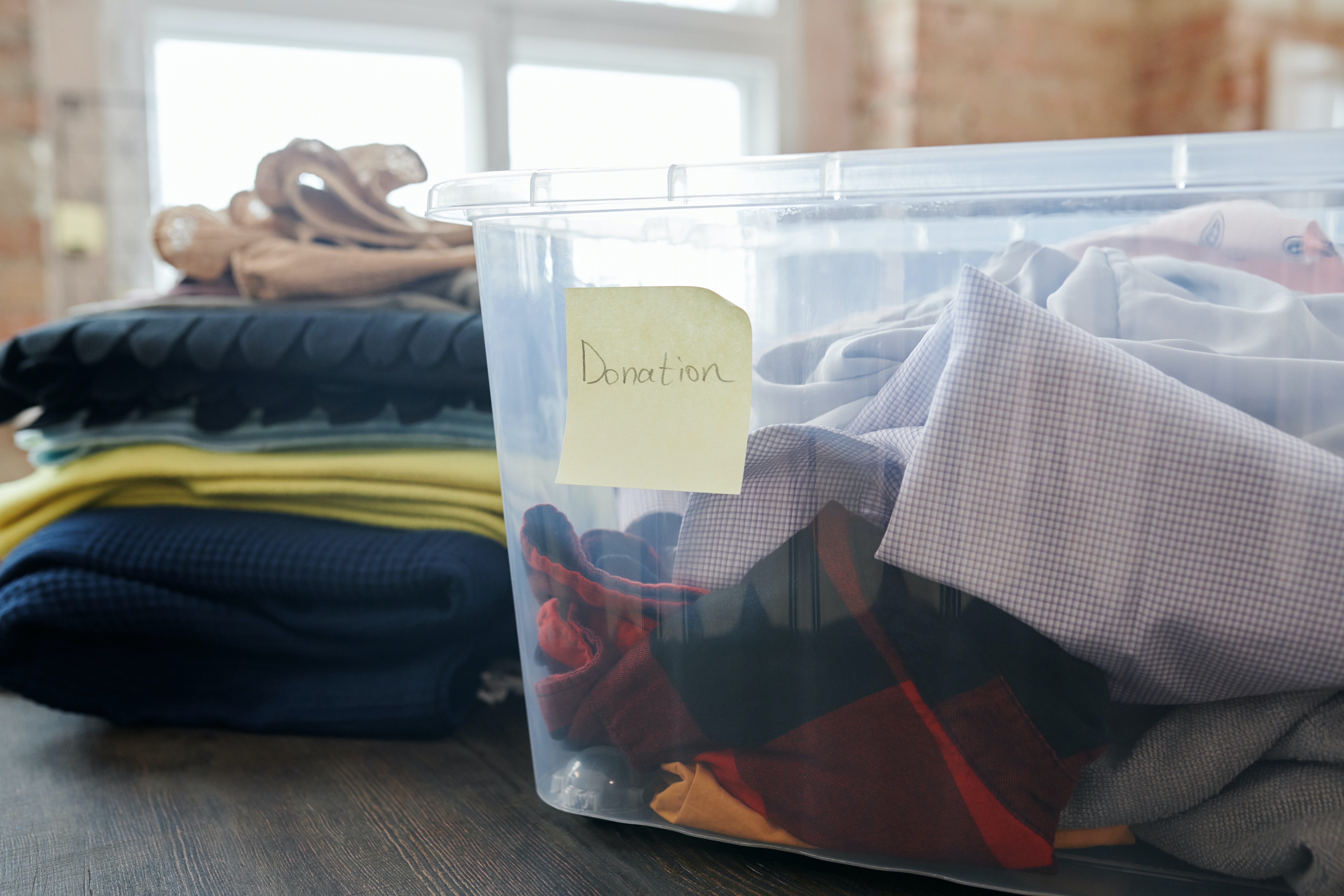Dr. Dash is an expert in emergency management and has personally experienced how good intentions can sometimes go awry
sometimes go awry
DENTON (UNT), Texas – Watching Hurricane Ian track towards the coast of Florida the last few days reminded me of my own hurricane experience. Back in August 1992, I was living in Miami Beach waiting to start graduate school. Shortly before the semester began, Hurricane Andrew began to spin in the Atlantic. And as days went by, it became increasingly likely that the storm would make landfall somewhere in South Florida.
We evacuated off of Miami Beach as required and stayed with some family slightly to the northwest, but many people evacuated inland and south into areas that ultimately felt the brunt of Hurricane Andrew’s fury. Some of the same things you see right now in the news about Hurricane Ian are things I remember from Hurricane Andrew. Even though we weren’t in the hardest hit area, power was off for quite some time, and businesses and local governments struggled to be in the position to start the process to help with recovery.
At the time, South Florida had not experienced a hurricane or even a serious threat for over 30 years, and I never thought about disasters or storms. When I finally started graduate school weeks later, faculty already created plans to start doing research on the impacts and the recovery. I was drawn into a research team, spent many weeks down in the hardest hit area, and even worked for FEMA for a while on the aftermath. With 30 years since Hurricane Andrew, we have learned a lot about disasters and their aftermath.
Right now, many of you are looking at the images of the destruction and wondering what you can do to help. Your synagogues and churches may start collecting clothes and other household goods with the intent to ship those supplies to the impacted areas. I understand this need to help. But I am asking that you pause before you decide to donate clothes and other items.
These items you donate do not take a direct path to the people in greatest need. Donated items require a lot of manpower to manage. Clothing, for example, is received centrally, but then must be organized by size and gender; condition and cleanliness must also be assessed before any distribution can happen. In so many cases, impacted communities do not have the available personnel or space to manage a huge influx of very well-meaning donations.
When we see the devastation disasters like Hurricane Ian create, all of us want to help. If you want to contribute, please find reputable local nonprofits in the impacted area and consider making a cash donation. Many national nonprofits, including many religious organizations, also take cash donations to support those impacted. Even small modest donations can make a significant impact. But please think twice before donating items.
The communities that you most want to help are the same communities that will have to manage an influx of donated objects. Let’s try not to overburden them with our good intentions.

